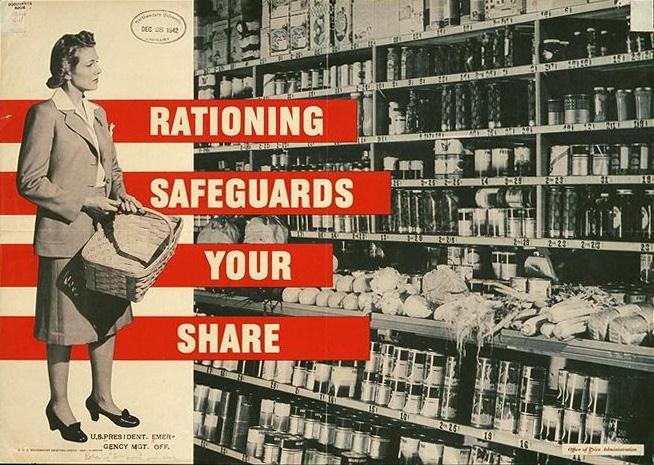 Medicare hires from within; we generally don’t look for outside talent. Even when we try, it’s usually from crown corporations or government bureaucracy. Other industries hire talent from outside. Why don’t we?
Medicare hires from within; we generally don’t look for outside talent. Even when we try, it’s usually from crown corporations or government bureaucracy. Other industries hire talent from outside. Why don’t we?
Leadership career paths for senior hospital administrators seem to be very similar, almost identical.
Does this make Medicare stronger?
Healthcare Leadership Career Paths
Clinical path:
Start in clinical field: nursing, allied health, etc. Become a clinical educator, then clinical coordinator, then clinical manager, then administrative program director, then VP, then Chief other-than-executive Officer (COO, CFO, etc.).
Finance path:
People seem to come into the finance department from business school or accounting programs. Then they work their way up through the manager, director, VP, Chief streams ahead of them.
Facilities path:
From the little I know about facilities managers, they seem to follow a similar path up through the hospital system.
IT path:
Similar to finance, up through the hospital.
HR path:
Up through the system like the others.
There are notable exceptions, and everyone knows them because they are so rare. (Over the last few years, some physicians are applying for VP positions in Ontario, but MDs rarely hold more than 1 or 2 of the VP positions, and in many hospitals there are no physicians on the senior team.)
Healthcare Leadership Fact:
Medicare hires its own.
Nearly 100% of Medicare leaders have all their experience in a publicly run organization.
Would Medicare benefit from outside talent hired from other industries? Selection committees often hire what they know, people with shared experience. Should we change selection and interview processes to increase the chance of outside talent being successful?
Rebuttals:
It doesn’t matter if leaders come up through the system; all that matters is how they think. Then how do we encourage staff to not think like everyone else in similar positions?
The system determines behaviour and approach; it doesn’t matter where staff come from. I agree. System change requires new thinking. Do we really want change in Medicare?
Medicare leadership requires extensive knowledge, it’s fundamentally different. I disagree. If that were so, Medicare would pay for more physicians in senior leadership positions. Smart nurse leaders know a ton about nursing. And just as physicians don’t understand nursing like nurses do, nurses don’t understand medicine like physicians.
What do you think? Should healthcare leadership hire more talent from outside? Should bureaucrats have business experience from competitive industries? What will happen to Medicare if we continue to foster a ‘crown corporation’ mentality?
(photo credit: exchange3d.com)



